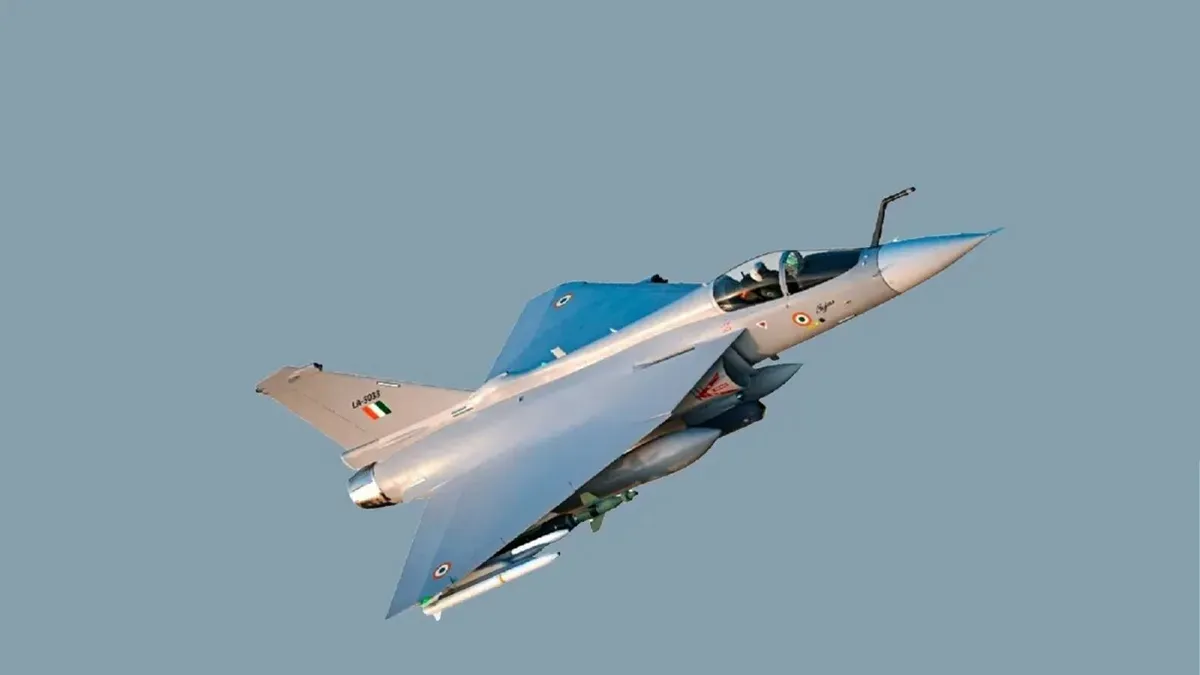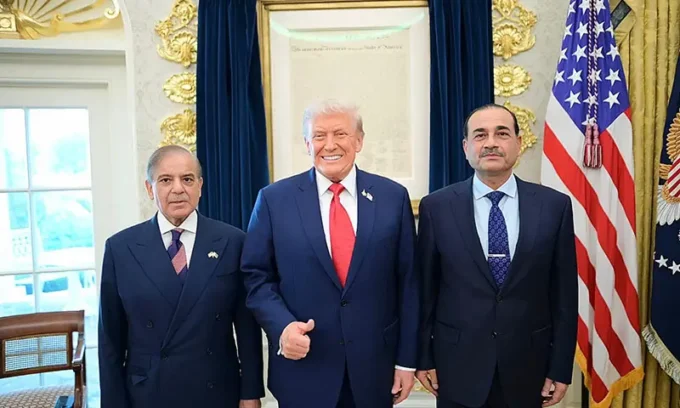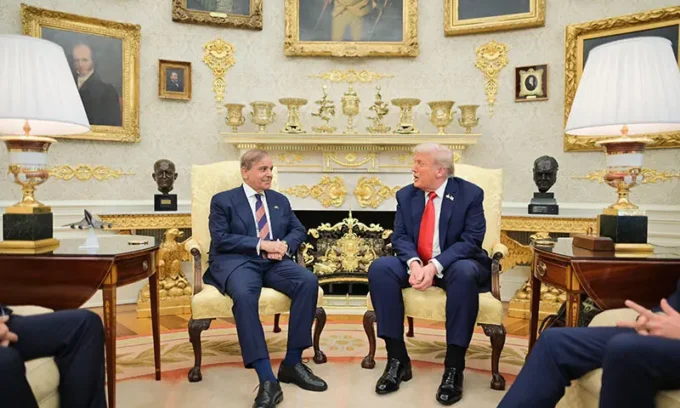NEW DELHI: India has signed a landmark $7 billion contract to procure 97 domestically designed and manufactured Tejas fighter jets, marking a major milestone in the country’s efforts to modernize its air force and reduce reliance on foreign military hardware. This significant order comes as the Indian Air Force (IAF) begins retiring its aging fleet of Russian-made MiG-21 aircraft, which have been in service for several decades.
The contract, inked on Thursday with Hindustan Aeronautics Limited (HAL), the state-owned aerospace and defense company responsible for manufacturing the Tejas jets, includes 68 single-seat Light Combat Aircraft (LCA) Mk1A fighters and 29 twin-seat trainers. This deal represents one of the largest single orders ever placed by India for combat aircraft, reflecting the government’s push to boost indigenous defense production under its ‘Make in India’ initiative.
According to the Ministry of Defence, deliveries of the aircraft will commence between 2027 and 2028, with the entire order expected to be fulfilled within six years. The Mk1A variant features several improvements over earlier versions, including enhanced avionics, increased weapon payload capacity, and upgraded electronic warfare systems, making it a more capable and versatile platform for a range of combat roles.
Defence Minister Rajnath Singh hailed the deal as a significant step toward strengthening India’s defense preparedness. In a statement, he expressed confidence in the Tejas program, saying, “This contract reflects the trust and confidence of the Government and the Armed Forces in the indigenously developed aircraft Tejas, which will be the mainstay of the Indian Air Force in the years to come.”
The Tejas fighter jet has been in development for several decades, aiming to provide India with a modern, lightweight multirole aircraft to complement heavier foreign-made fighters in the IAF’s fleet. The induction of these jets is expected to enhance the operational capabilities of the Indian Air Force, providing greater flexibility and improved performance in air combat and strike missions.
This deal is also seen as a major boost for India’s domestic defense industry, potentially leading to increased technological innovation and self-reliance in military aviation. The successful development and procurement of the Tejas jets highlight India’s growing capabilities in aerospace engineering and manufacturing, which could pave the way for future indigenous aircraft projects.
Overall, this $7 billion acquisition not only helps phase out the obsolete MiG-21 fleet but also marks a significant stride toward India’s long-term goal of building a modern, self-sufficient defense infrastructure. The Indian Air Force’s growing reliance on domestically produced platforms like the Tejas will likely play a crucial role in shaping the country’s strategic and operational posture in the coming decades.














Leave a comment